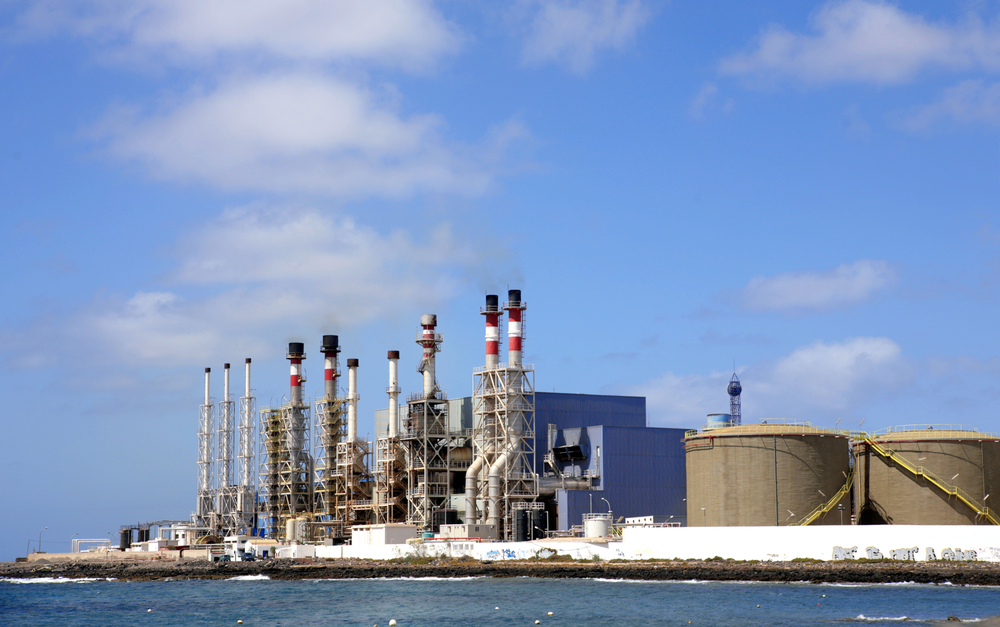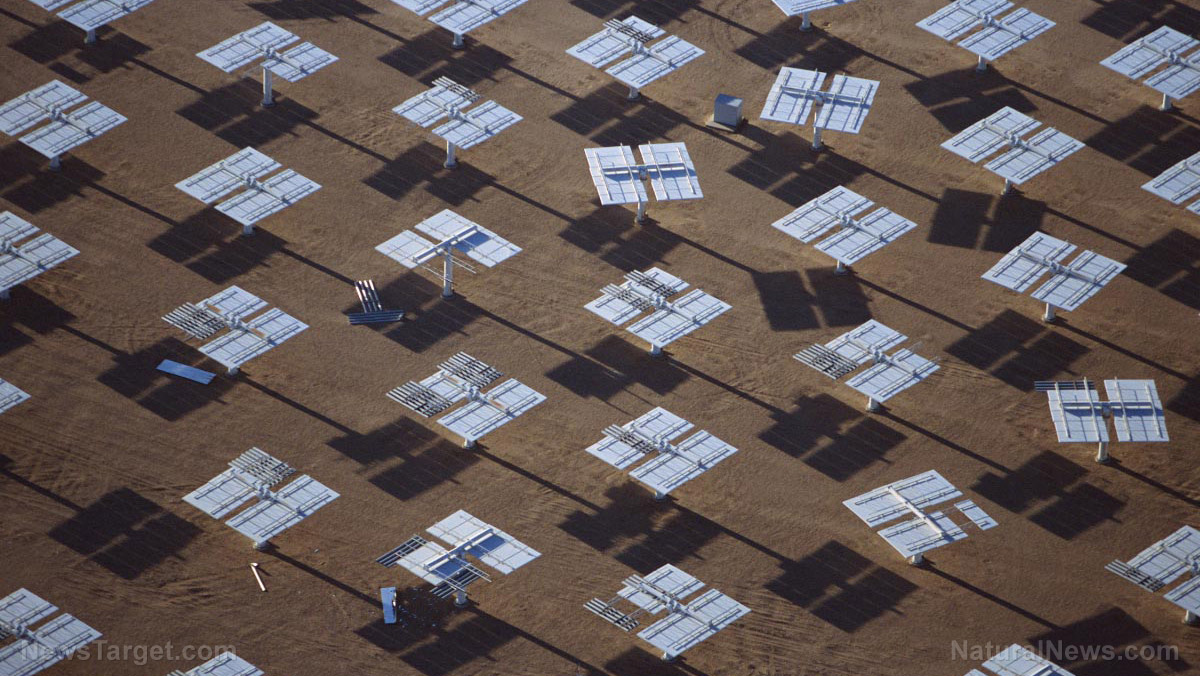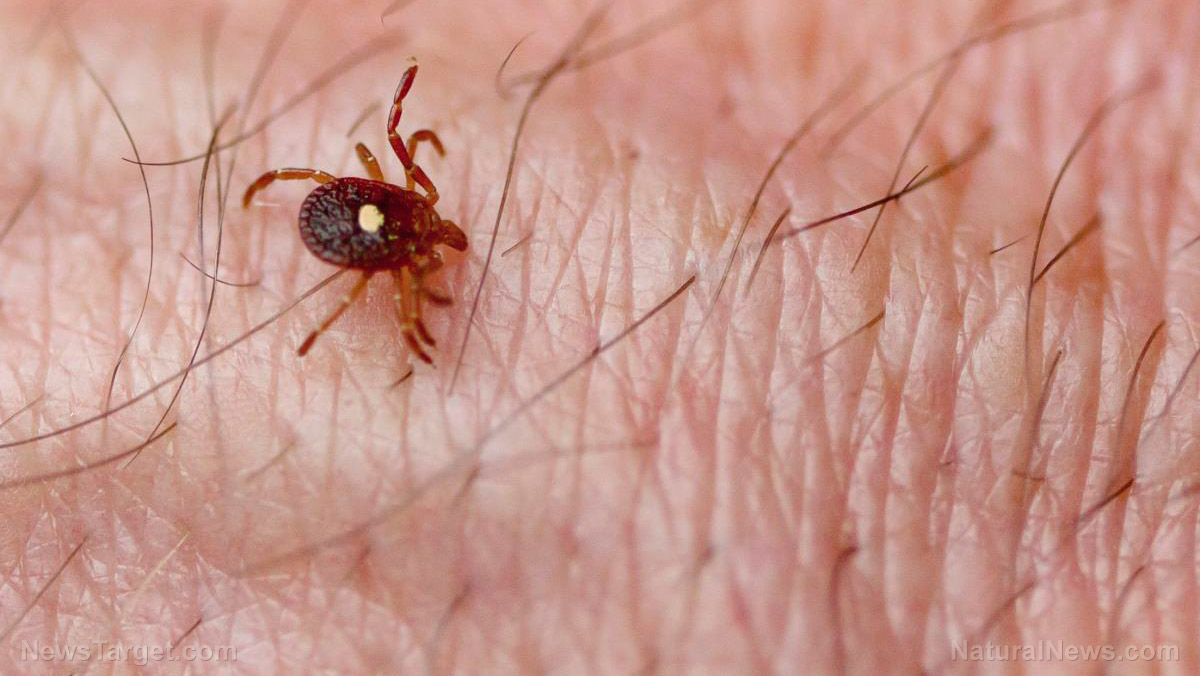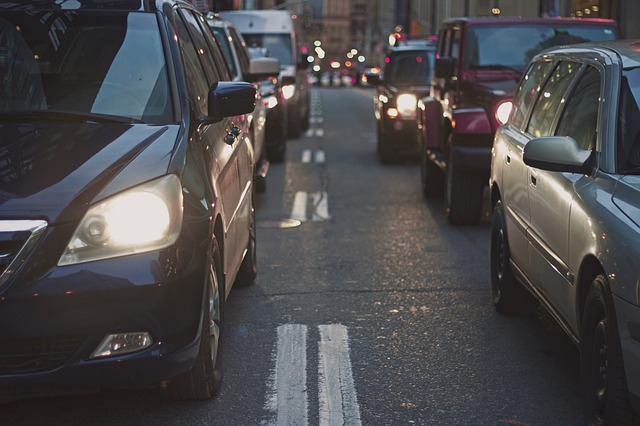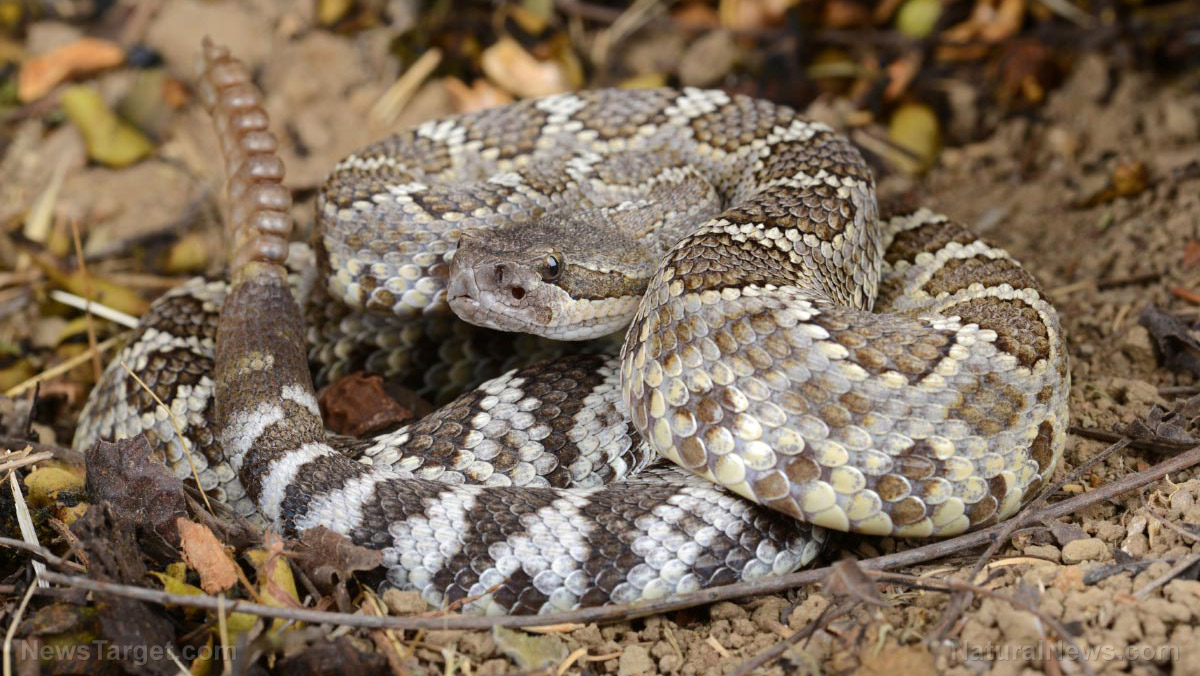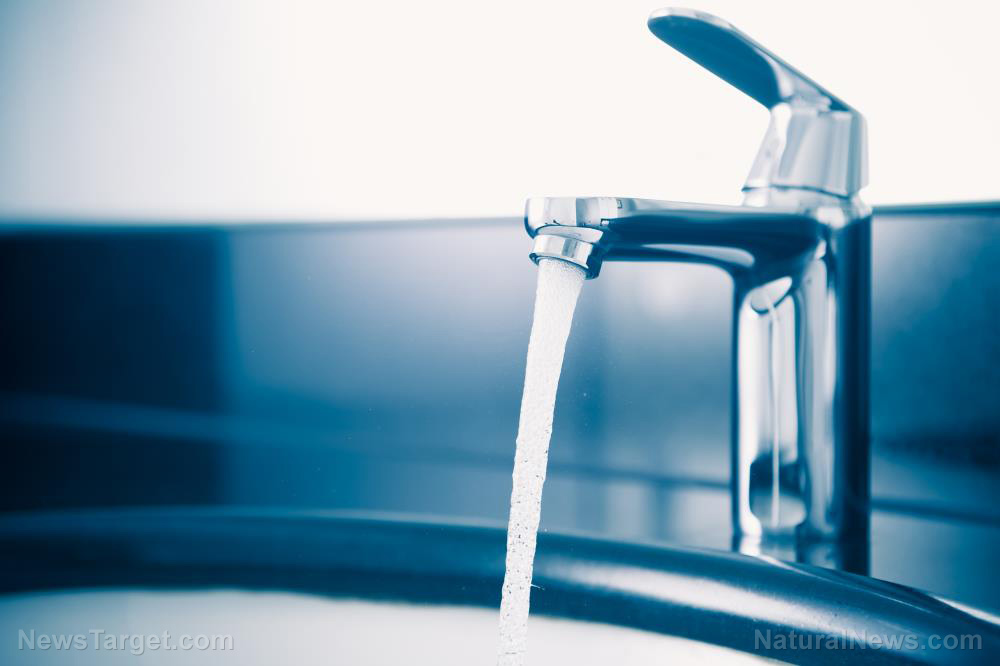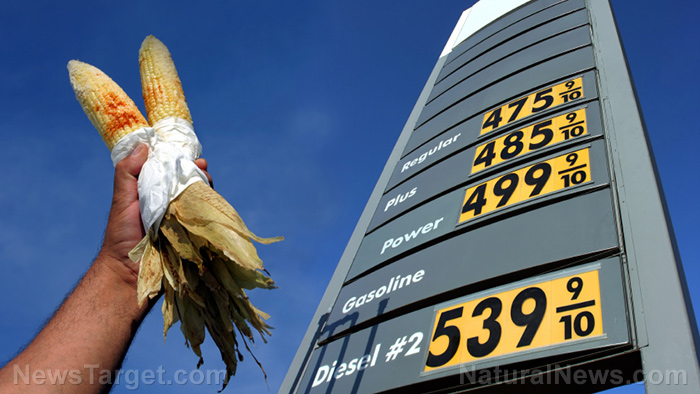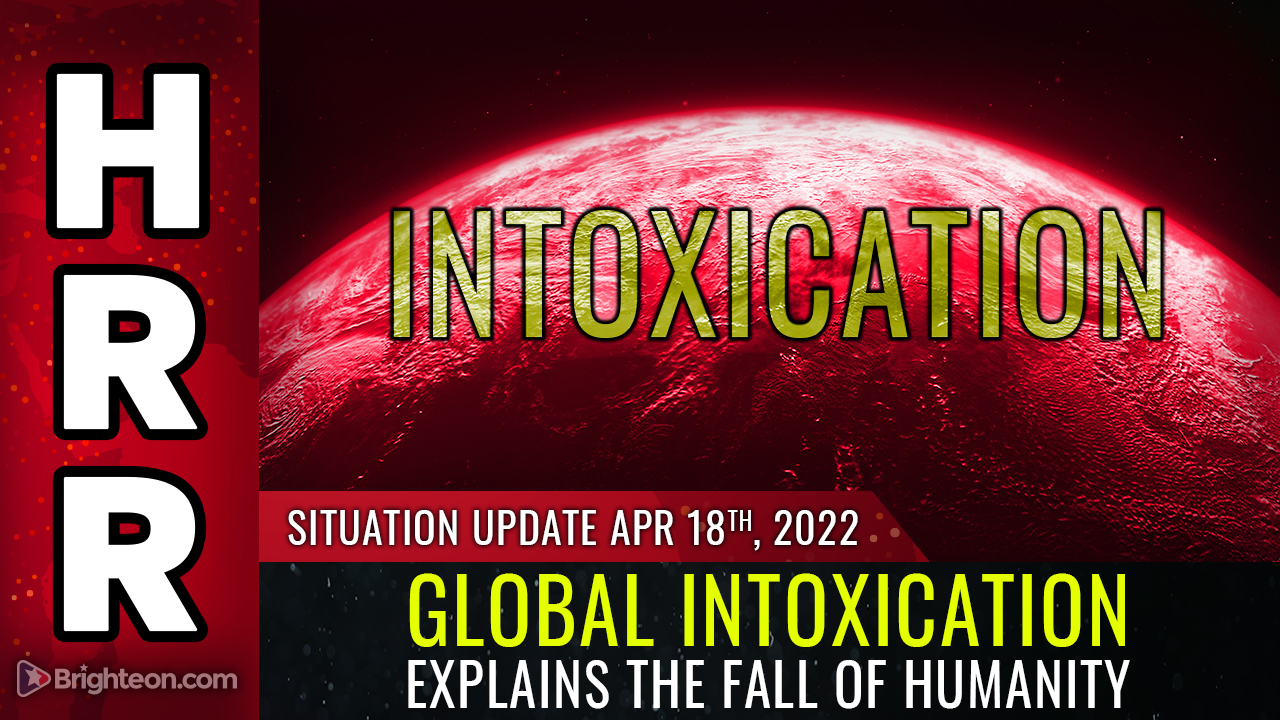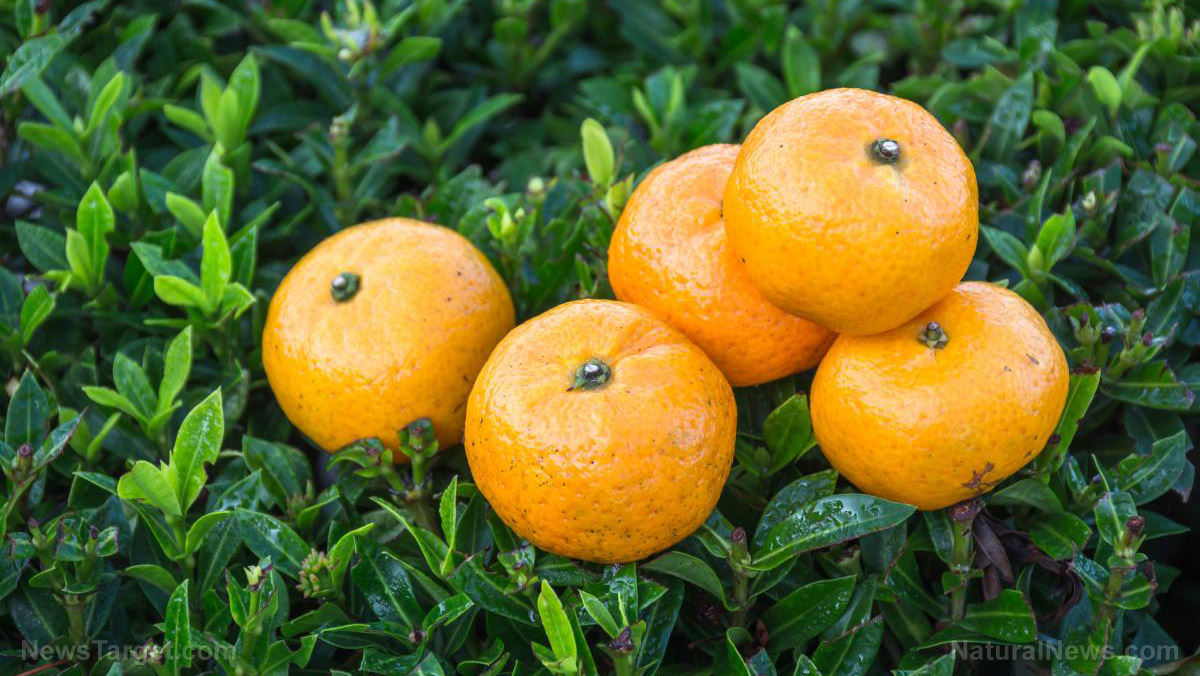Researchers find large quantities of plastic in hatchling sea turtles stranded on Florida’s beaches
09/03/2020 / By Divina Ramirez

Sea turtles around the globe are either endangered or threatened. Florida alone is home to five species of endangered sea turtles, and all of them are afforded some form of local or international protection. Despite this, sea turtles continue to face a serious and emerging threat: plastic pollution.
In a recent report, scientists and rehabilitators from the University of Florida (UF) found that 39 of the 42 dead post-hatchling loggerhead sea turtles stranded on beaches in Northeast Florida had ingested startling amounts of plastic.
The researchers are concerned that consuming such large quantities of plastic increases the likelihood of plastic nanoparticles leaching into the turtles’ bloodstream and causing ill health effects. In the future, this could further threaten sea turtle populations and push them closer to extinction.
The report offers insight into the far-reaching impact of plastic pollution on ocean health and marine life. It also demonstrates that plastic ingestion presents a critical issue for marine turtles from the earliest stages of life. The findings appeared online in the journal Frontiers in Marine Science.
Sea turtle hatchlings are ingesting plastic
Recent studies point to plastic pollution as one of the main culprits behind frequent beachings and deaths of marine animals. Sea turtles, in particular, are among the handful of marine animals that often get tangled up in plastic or die from ingesting plastic in the ocean.
Existing studies on sea turtles also suggest that turtles suffer more from the ill effects of plastic ingestion during the earlier phase of their life. To determine if this is true, the researchers examined the gut contents of a small population of post-hatchling sea turtles stranded along Florida’s northeastern coast. The hatchlings died in rehabilitation due to poor health.

Of the 42 turtles examined, 39 of them, or 93 percent, had ingested plastic fragments. One 1.6-ounce turtle had ingested 287 plastic pieces, and another hatchling half the size of the first one had ingested 119 separate pieces of plastic in total. The smallest hatchling of the bunch measured just 1.8 inches long, but it had ingested a piece of plastic that measured as long as a quarter of its shell.
Most of the plastics were also classified as microplastics. These are minuscule pieces of plastic that result from the degradation of larger plastic fragments. Microplastics are often small enough to pass through membranes, enter the bloodstream and infiltrate organs.
Sea turtles also have no means of getting rid of larger plastic fragments from their bodies, which could result in the accumulation of these fragments in their intestines.
Microplastic ingestion is not unique to hatchlings. In fact, microplastic ingestion has been shown to be near-ubiquitous among older turtles. However, the burden of plastic ingestion on older turtle populations do not appear to be as high as that among hatchlings.
The researchers speculated that this higher burden might be due to a combination of two factors, the first being that sea turtle hatchlings need to consume more food in order to grow. The second is that more hatchlings are mistaking plastic for seaweed. Together, both contribute to the rise in the incidence of microplastic ingestion among sea turtle hatchlings.
Of this second factor, the researchers noted that floating seaweed mats, which serve as food sources for sea turtles, are borne through ocean currents in an area off the eastern coast of Florida that’s polluted with plastic. Therefore, fragments of plastic within the tangled mats of seaweed could be ending up as dinner for sea turtles.
In all, it makes sense that sea turtle hatchlings face a greater risk of the harmful consequences of ingesting plastic. If this continues, entire generations of sea turtles, as well as protected turtle populations, could then be affected. In effect, these findings show how plastic pollution is harming vulnerable wildlife populations.
A soup of microplastics
Plastic is the most ubiquitous form of marine debris around the globe.
In fact, scientists the UK’s National Oceanography Centre (NOC) estimated that there could be more than 200 million tons of minuscule plastic fragments floating across and beneath the entire Atlantic Ocean, and that figure just accounts for three of the most littered plastics.
The scientists had been able to come up with the estimate after finding a staggering 12–21 million tons of plastic suspended in the top 200 meters of the Atlantic Ocean.
In order to determine the dangers of plastic contamination to marine life and to humans, scientists first need good estimates of the material in the ocean, said lead researcher Katsiaryna Pabortsava.
However, scientists have been underestimating just how much plastic has entered the ocean since the 1950s when plastic production began to soar, and their findings more than demonstrate that.
In another report on the incidence of microplastic ingestion among stranded marine mammals, Penelope Lindeque, the head of the marine plastics research group at England’s Plymouth Marine Laboratory (PML), said that the ocean is a soup of microplastics.
Lindeque has found microplastics in all sorts of marine animals, from zooplankton to sea turtles, as part of her research. Besides the serious choking hazard that plastic fragments pose, chemicals from these fragments could leach into the ocean and poison marine animals, she added.
Taken together, existing studies on marine plastic pollution indicate a pressing need for humans to reduce their plastic consumption. In doing so, marine animals might be better protected from the harmful consequences of plastic ingestion. (Related: Microplastic pollution is changing ocean ecosystems.)
Read more articles about the dangers and impact of marine plastic pollution at OceanHealthNews.com.
Sources include:
Submit a correction >>
Tagged Under:
This article may contain statements that reflect the opinion of the author

